20. Training Day – Antoine Fuqua
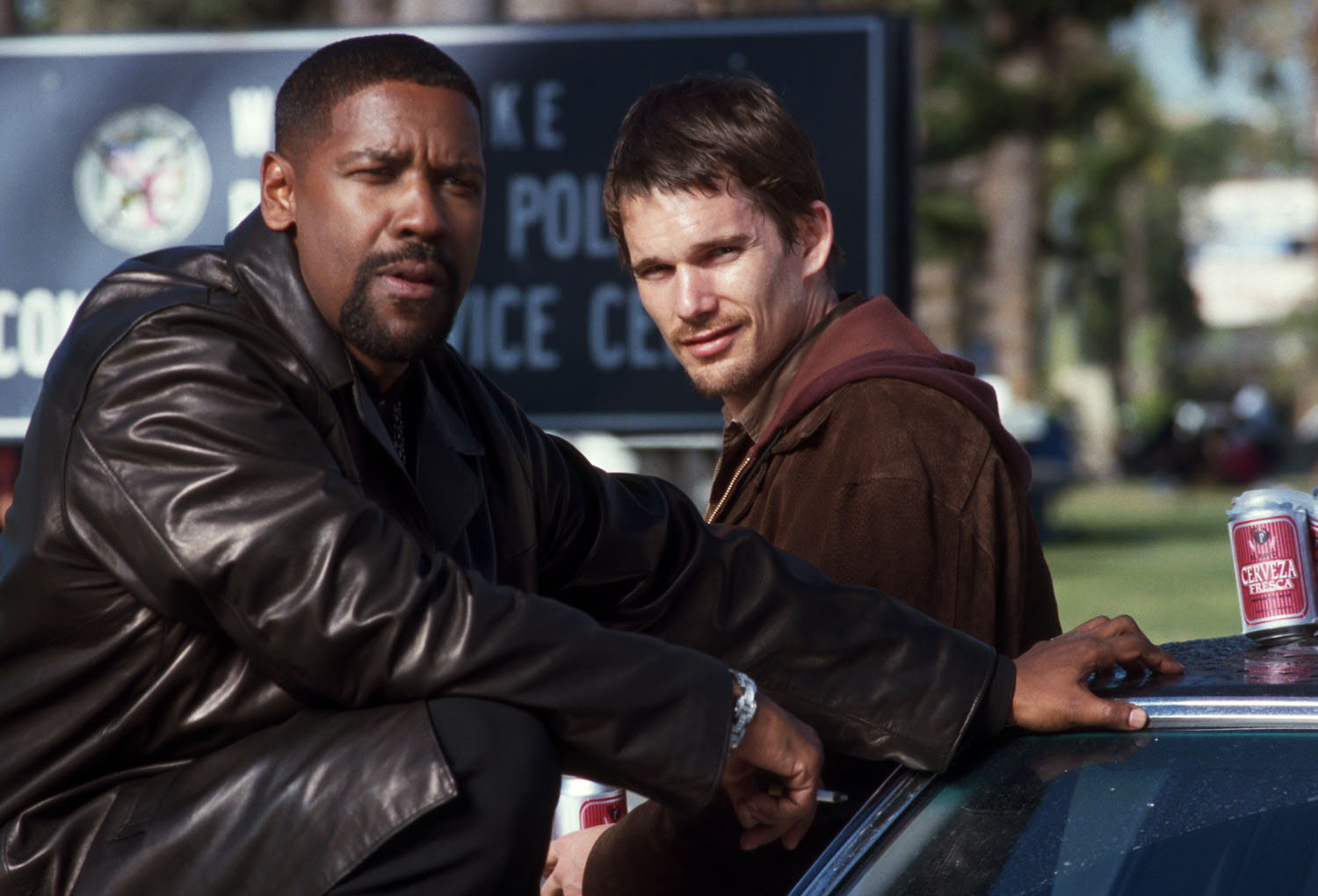
Denzel Washington won the Oscar for best actor for his role as Detective Alonzo Harris, in this rugged portrait of an officer and his questionable methods. Ethan Hawke was also nominated for best supporting actor as a rookie detective on his training day with the corrupt veteran officer. Along with its gritty screenplay and outstanding acting, Training Day delivers several classic quotes and memorable scenes which sticks with its audience long after the movie has finished.
19. Crooklyn – Spike Lee
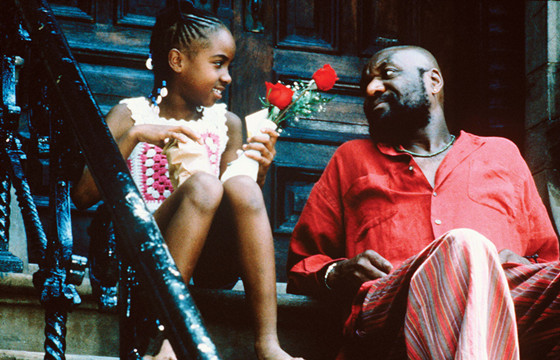
Spike Lee’s 1994 Crooklyn is a semi-autobiographical film taking place in Brooklyn, New York during the 1970’s. The film centers around a young girl named Troy, and family life between her parents and four brothers. Spike Lee filmed Crooklyn beautifully, and Delroy Lindo and Alfre Woodard provide outstanding performances as Troy’s parents, struggling to get by and provide for their children.
Crooklyn harkens back to a yesteryear in Brooklyn brownstone living before gentrification, with families rooting for Knicks teams starring Walt Frazier, children playing games in the street, and a community which felt like family.
18. Menace II Society – Albert & Allen Hughes
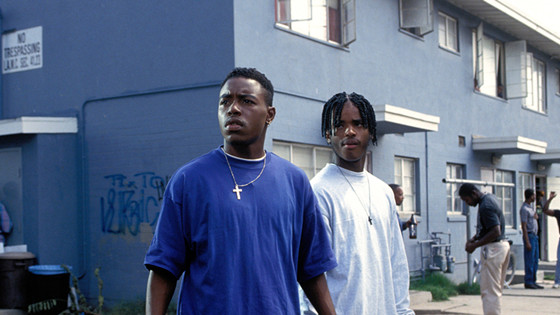
Albert and Allen Hughes debut film Menace II Society was a critical and commercial success upon its release in 1993. The film placed the Hughes brothers on the filmmaking map, and helped to launch the careers of Larenz Tate and Jada Pinkett Smith. Set in 1990’s South Central Los Angeles, the film centers around its protagonist Caine, a young man with a genuine goodness, conflicted by a surrounding of drugs, violence, and death.
Along with strong performances by Tyrin Turner as Caine and Larenz Tate as O-Dog; Jada Pinkett Smith also brings it as Caine’s friend Ronnie, who wants to move to Atlanta to make a better life for her and her son. Along with a poignant story and excellent acting, Menace II Society also featured a memorable soundtrack including gangster rap songs from artists like Spice 1 and Mc Eiht, and R&B songs like “Unconditional Love” from Hi-Five.
17. Fruitvale Station – Ryan Coogler
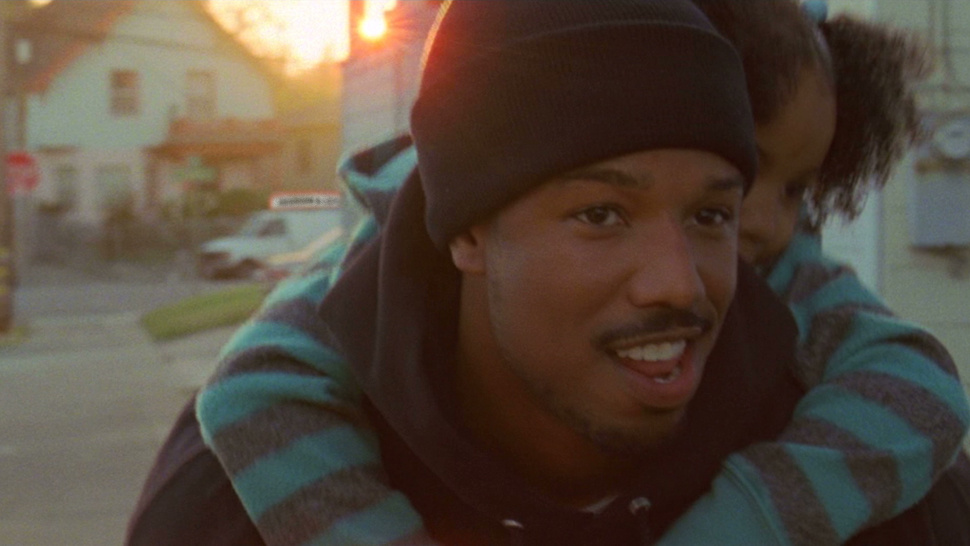
Ryan Coogler jumped onto the film scene in 2013 with Fruitvale Station, winning both the Grand Jury Prize and Audience Award at the Sundance Film Festival. Based upon the tragic true story of the last day of Oscar Grant III on New Year’s Eve 2008; Fruitvale Station also served as a breakout film for upcoming actor Michael B. Jordan.
16. Touki Bouki – Djibril Diop Mambety
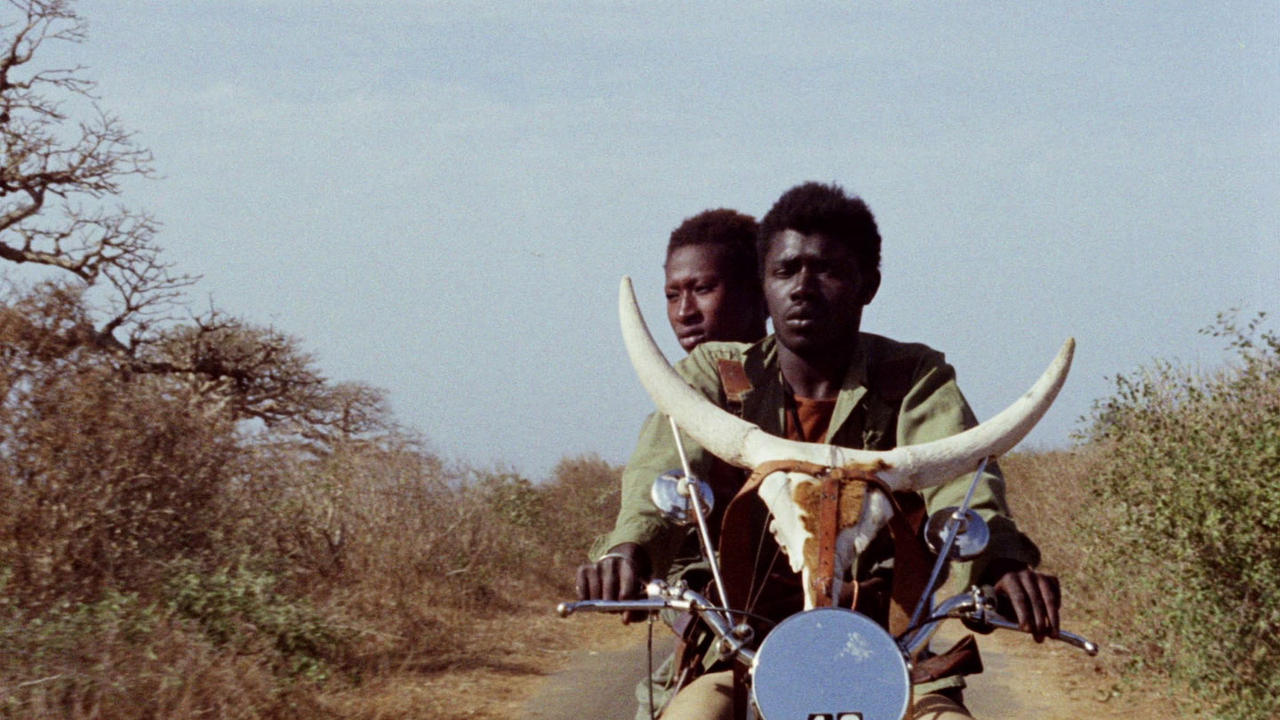
One of Africa’s first avant-garde films, 1973’s Touki Bouki tells the story of Mory, a cowherd, and Anta, a university student who long to leave Dakar for the luxurious life of Paris. The influence of the French New Wave film movement are noticeable throughout the fantasy driven story of Touki Bouki, and the film paints a vivid, musical portrait of Senegal in the early 1970s.
15. When the Levees Broke – Spike Lee
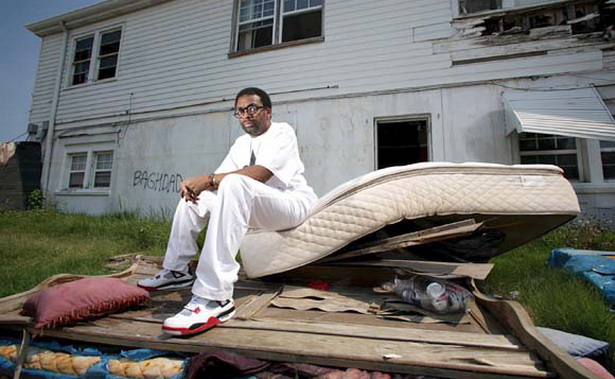
Spike Lee’s 4hr documentary on Hurricane Katrina delves not only into the failure of the levees themselves, but also the failure of local and federal government response, and the corresponding lives affected. Shooting his film 3 months after the hurricane hit, Lee interviews a range of individuals spanning from politicians and engineering experts, to celebrities such as Harry Belafonte, Sean Penn, Kanye West, and Wynton Marsalis.
Lee infuses the film with a searing score from New Orleans jazz native Terence Blanchard, reflecting the pain inflicted by the storm juxtapose with an enduring hope and optimism for the future.
14. Eve’s Bayou – Kasi Lemmons

Both written and directed by Kasi Lemmons in her directorial debut, Eve’s Bayou was critically acclaimed upon its debut in 1997, including being named best film of the year by film critic Roger Ebert.
Set upon a backdrop of Southern life in Louisiana, Eve’s Bayou tells the story of a young girl who discovers her father’s infidelity, and the strain which it puts upon their personal relationship, along with other family conflicts. Kasi Lemmons won the Independent Spirit Award for best first feature film for Eve’s Bayou, along with a Best Supporting actress win for Debbi Morgan.
13. Friday – F. Gary Gray

The highest-ranking comedy among this list, Friday has provided countless quotable phrases over the years, spawned multiple sequels, and helped to launch the acting careers of Ice Cube, Chris Tucker, and directing career of F. Gary Gray. Friday was written by Compton natives Ice Cube and DJ Pooh, giving an authenticity in its script. The script also provided a plethora of quotable memorable lines such as “Bye Felicia”, “You got knocked the f*ck out!”, “You f*ckin’ up the rotation”, and “You ain’t got no job, and you ain’t got sh*t to do”.
12. The Spook Who Sat by the Door – Ivan Dixon

This 1973 film from Ivan Dixon was taken out of distribution for 30 years until its DVD release in 2004. Based on a 1969 novel of the same name, the film tells the story of a man who is enlisted in the CIA as a token black member, but uses his training to start a revolution. The film sparked controversy upon its release and was soon removed from theatres for fear it might insight blacks to rebel against a white power structure.
Along with its revolutionary statement against systematic racism, The Spook Who Sat by the Door also pays attention to interpersonal relationships among blacks. One particularly memorable scene and quote comes from Pretty Willie, a revolutionary who is tired of being singled out by his peers due to his lighter complexion: “I was born black, I live black, and I’m gonna die, probably because I’m black, because some cr*cker that knows I’m black, better than you n*gga, is probably gonna put a bullet in the back of my head!” The Spook Who Sat by the Door was named by the Library of Congress as an addition to the National Film Registry in 2012.
11. She’s Gotta Have It – Spike Lee
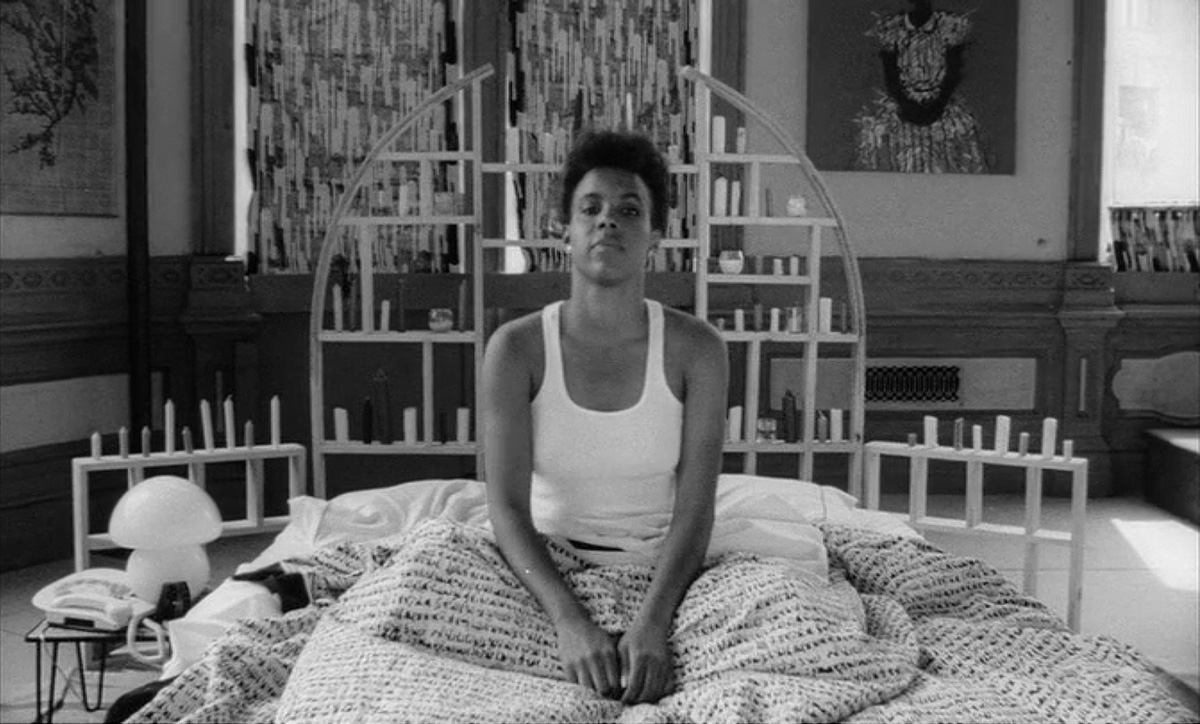
Spike Lee’s debut feature film from 1986, She’s Gotta Have It focuses on a woman’s relationship with three different men, each vying for her love and affection. Shot in black and white with a very indie feel, She’s Gotta Have It helped to usher in a new generation of black directors and independent cinema; placing Spike Lee firmly on the map as the filmmaker of the future.